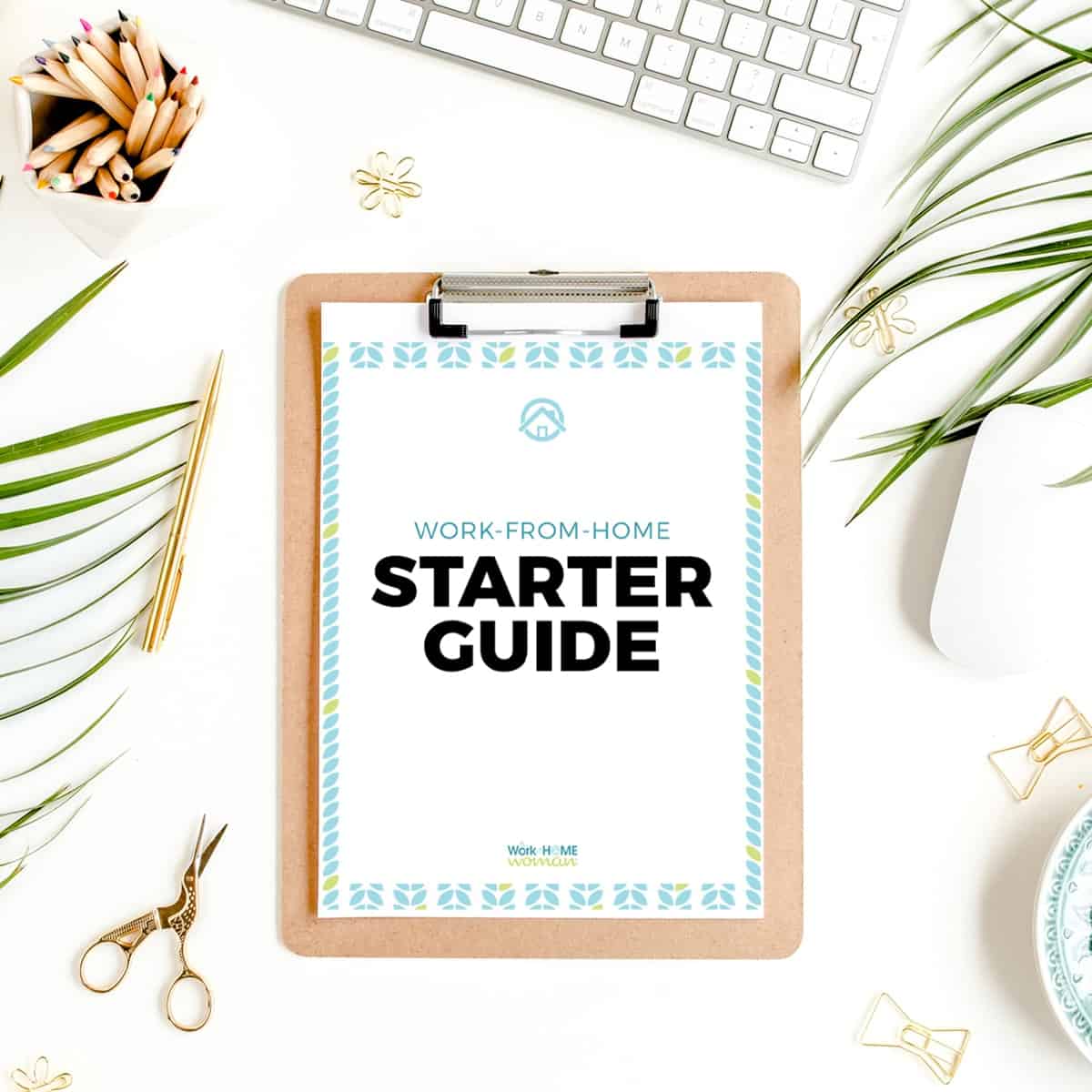 As a freelance writer and editor working from home, people often ask me:
As a freelance writer and editor working from home, people often ask me:
“How are you able to get anything done? If it were me, I’d be playing computer games or doing laundry all day. I’m not disciplined enough to do that!”
Actually, you’re more disciplined than you might think. It’s really just a matter of setting up boundaries and sticking to them.
1. Get Up at the Same Time Every Day
My first rule is to get up in the morning by a specific time. While I have enjoyed the luxury of not using an alarm clock for the past six years, I make sure that I am always at my desk by 8 or 8:30 a.m. If you need a little assistance, set your alarm for the same time you would if you were driving to the office.
2. Create a Work Pipeline
Second, keep a “work pipeline” — a detailed list of all your work responsibilities for the coming weeks with dates for when they are due, and check them off as you complete them. I keep a running tally of my projects, who assigned them, the number of words I have to write, and when they’re due.
If, for instance, you are in sales, keep a running tally of your sales goal for the month compared to your existing sales for the same time period. Have a daily, week, monthly and quarterly plan in place for how you are going to reach those goals and under each, list which customers or prospects are at which stage. Then, every day, make a list of the 5-10 customers or prospects you are going to call and stick to it.
The strategy that helps keep me focused the most is writing everything down, including who I called or emailed, how many times I contacted them, the time and day I left the communication, and any additional information about the contact, such as “spoke with Kelly (admin); she said she would talk with Jim today and call me back before end of day”. I never try to commit anything to memory, there are just too many details and something is bound to fall through the cracks.
I keep all my appointments on my Yahoo! email calendar; then I print the calendar out and hang it up over my desk. It’s the first thing I check every morning.
3. Take Natural Breaks
When you do take breaks, take them at natural points in the day so you don’t interrupt any rhythm you have going. And set a time limit, such as 15 minutes, for the break. For instance, make your first round of phone calls, then go make your breakfast, rather than making half your phone calls and stopping in the middle, which can ruin your momentum. I will write a first draft of an article, then step away from it for a few minutes. I try not to get up until I’ve completed that first draft. If you have children, you may have to work your schedule around meeting the bus. Those morning and afternoon buses can become your natural deadline — your reason for completing your work by a certain time.
Conversely, in my line of work, getting up at the “right” time is just as important as not getting up at the “wrong” time. Once I finish an article draft, it’s important for me to walk away and refresh my mind so that when I do sit back down and look at it again, I am looking at the article with a fresh set of eyes and will catch things I might not have caught before.

4. Get Dressed for the Day
And get dressed into comfortable clothing. Some people enjoy sitting around all day in their PJs and slippers, but that is not conducive to professional thinking. Freshen up every morning and put on comfortable clothing that mentally signals you have changed for work and puts you into a business mindset.
5. Have the Right Tools
I recommend getting a smartphone that allows you to check your email when you are away from your desk. This will give you a little more flexibility in your day and allow you to stay connected to your boss, staff and clients should you decide to leave the office for any reason. Be sure to download any apps that can help you manage your business on the go. Not sure what apps you may need? This post covers a bunch of apps that are helpful in managing your business.
6. Remember Your Goals
Finally, remember why you are working from home and keep your goals in front of you. Did you have a one-hour commute previously and now your quality of life has improved? Focus on the benefits you are receiving and what would happen if you lost those benefits.
Conclusion
By setting the same types of boundaries you would have in the office, you can function as well if not better when working at home.
Good luck!
Lynn Russo is a work-at-home Writer and Editor. To learn more about Lynn, check out her blog: Lynn’s Blog – Sounding Off






I completely agree with your comments about not working in your PJs. While I don’t where a suit to work, I do try to get up and get dressed in a put-together way, just to get my mind set in the right place for working- even if I won’t see a soul all day!
-Jamie